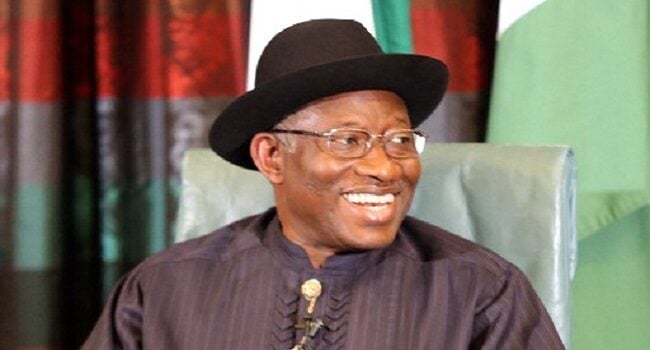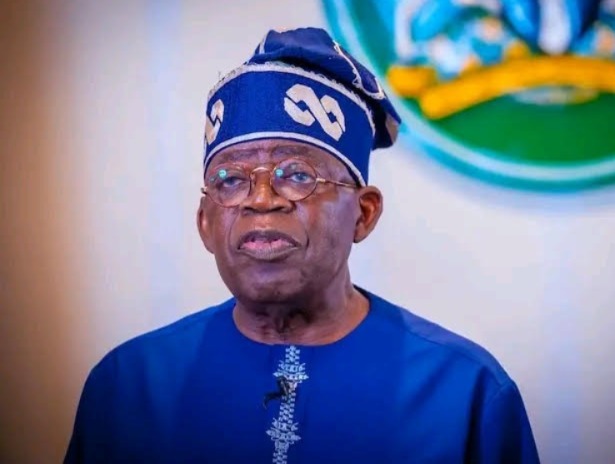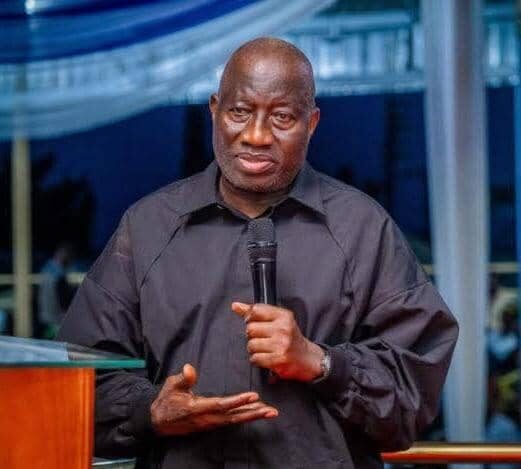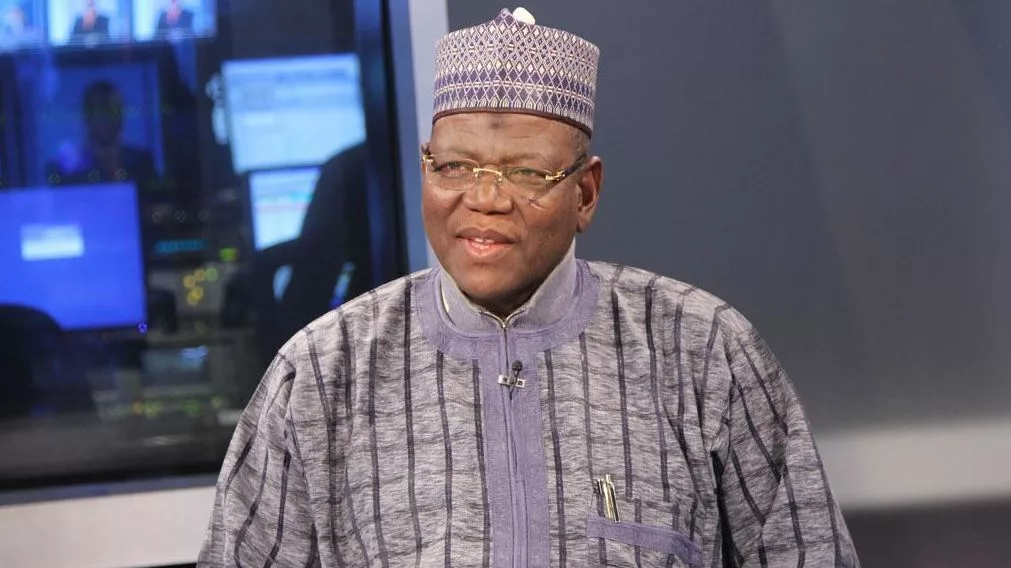Jonathan's 2027 Ambition: Legal Hurdle Cleared as Suit Dismissed

A prominent legal figure, Senior Advocate of Nigeria (SAN) Oba Maduabuchi, has firmly asserted that a recent lawsuit filed in the Federal High Court, Abuja, aiming to preclude ex-President Goodluck Jonathan from contesting the 2027 presidential election, constitutes a clear “abuse of court process.” Maduabuchi articulated this stance during an interview on Arise TV’s Morning Show, emphasizing that such a legal action seeks to relitigate an issue that has already been conclusively decided by a court of competent jurisdiction.
Maduabuchi highlighted that the question of former President Jonathan’s qualification or disqualification has previously been adjudicated in Yenegoa. Crucially, he noted that since no party has challenged that judgment on appeal, it remains the established legal position. According to the senior lawyer, any attempt by a litigant to reintroduce this settled matter before a court of coordinate jurisdiction inherently amounts to an abuse of the court’s process, labeling such individuals as “busy bodies.”
Furthermore, the Senior Advocate delved into the principle that the applicable law in any given situation is the one in force at the time the act in question was performed. He specifically raised the query of whether Section 137(3) of the Nigerian Constitution existed in 2010, the year Goodluck Jonathan initially took the oath of office. Maduabuchi pointed out that this particular law only came into effect in 2018. Consequently, at the time Jonathan swore his oath, there was no statutory limitation in existence that could have prevented him from serving his constitutionally guaranteed two terms.
Maduabuchi questioned the legitimacy of applying a law that was enacted later to an action that occurred prior to its existence, likening it to punishing someone under legislation that did not exist when their act took place. He drew an analogy with changes in judges’ retirement age, observing that a judge who retired under the old age limit would not have a valid claim to reinstatement simply because the retirement age was subsequently extended. He stressed the imperative of legal certainty, reiterating that “in 2011 and 2010, when Goodluck Jonathan swore the oath… Prohibition of 137(2) was not in existence. It was not binding on him.” He dismissed any “pyrotechnic” arguments as incapable of giving legal force to a non-existent law at the relevant time.
In further support of his position, Maduabuchi referenced a case in the Federal Court of Appeal that explicitly affirmed Jonathan’s right to seek election, reinforcing the principle that retrospective application of laws is inappropriate in such circumstances. His arguments underscore a fundamental aspect of legal interpretation concerning the timing of legislative enactments and their applicability to past events.
You may also like...
Cross-Sport Brains: Arsenal Boss Arteta Learning from NFL Guru McVay!

Arsenal manager Mikel Arteta and Los Angeles Rams coach Sean McVay, both leading teams owned by Stan Kroenke, will see t...
Olympic Dream Dashed: Star Player Nneka Ogwumike Denied Nigeria Spot Again!

Nneka Ogwumike's aspirations to play for Nigeria in international competitions have been definitively thwarted after FIB...
Euphoria Season 3 Shakes Up Cast with 18 New Additions, Including Trisha Paytas and Natasha Lyonne

“Euphoria” is slated to return for its third season in spring 2026 with eight new episodes, featuring an expanded cast t...
Hollywood Mourns Loss of Samantha Eggar, Star of 'Doctor Dolittle' and 'The Brood'

Samantha Eggar, the acclaimed English actress known for her Oscar-nominated role in "The Collector" and performances in ...
End of an Era: MTV Music Channels Sign Off in Namibia Amidst Pop Culture Shift

Paramount Global is set to close five iconic MTV music channels by year-end, signaling the end of an era for music telev...
Tragedy Strikes: Rapper Suave Drilly Fatally Shot in NYC

Bronx rapper Suave Drilly, 27, was shot and killed in New York City on Wednesday evening after leaving a parole office. ...
Rosie O’Donnell Uncensored: The One Celebrity Guest She Can't Stand!

Rosie O’Donnell recently disclosed her most memorable talk show guests, surprisingly listing Keanu Reeves as one of her ...
Helen Flanagan's Shocking Career Twist: Did Manifestation Work?

Coronation Street star Helen Flanagan is set to release her debut autobiography, 'Head and Heart: Break-ups, Breakdowns ...
_1759397933.jpeg)


